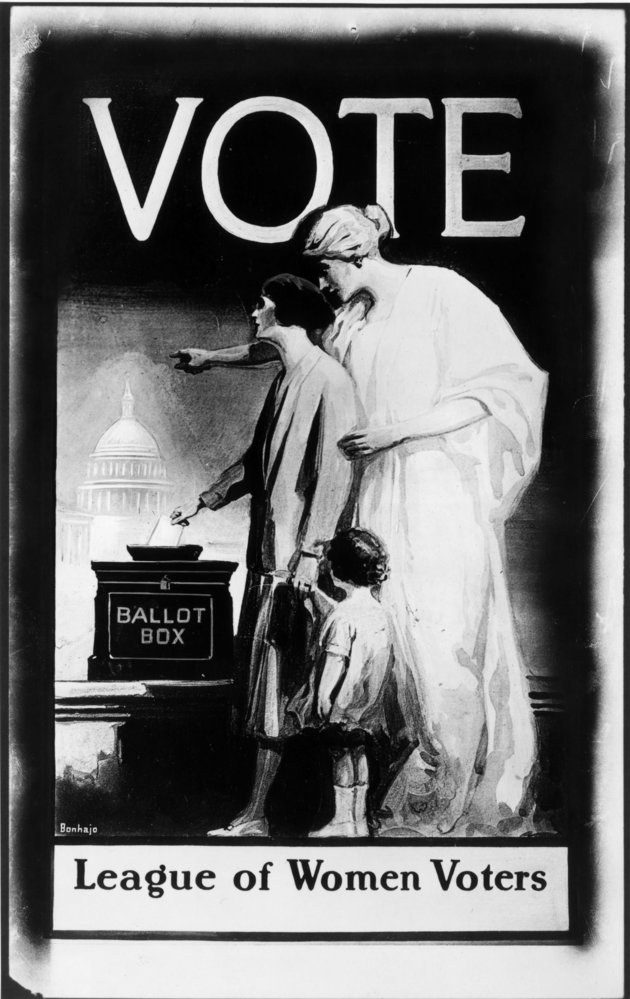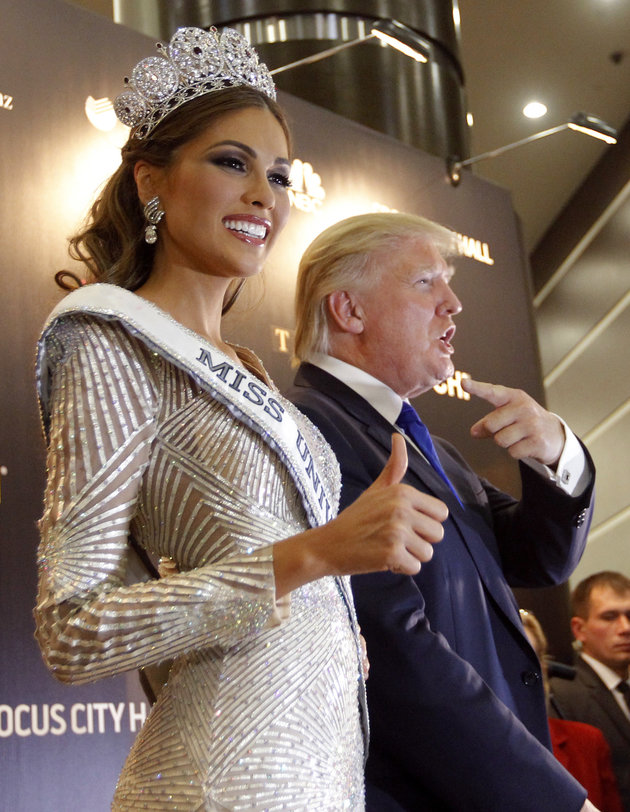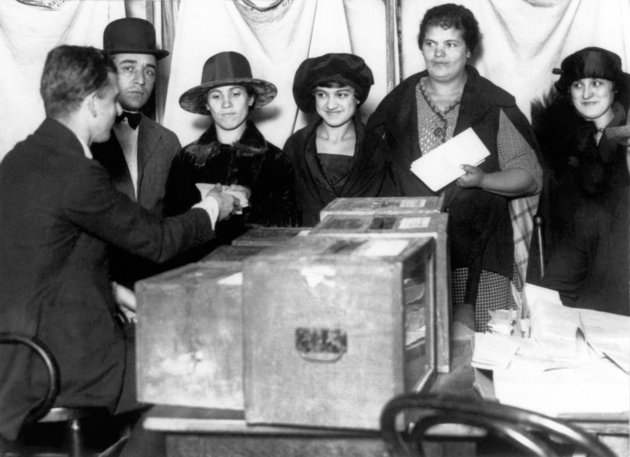
Donald Trump likes to suggest that the Second Amendment is in peril. But it’s the 19th Amendment, which gave women the right to vote, that has him on the run.
The amendment went into effect 96 years ago on Friday, which is commemorated as Women’s Equality Day. And in November, women will use their hard-fought right to likely keep one of the most sexist presidential candidates in modern history out of the Oval Office.
Women have skewed Democratic for decades, but this year the numbers could be even more dramatic. Women voters are overwhelmingly supportive of Hillary Clinton; while their male counterparts still lean towards her opponent.
Donald Trump is faring terribly in the polls with women: Sixty percent of female likely voters said they’d go for Clinton in a head-to-head matchup against the reality TV star, according to a Quinnipiac poll out Thursday. Meanwhile, 48 percent of men said they’d vote for Trump, versus 42 percent for Clinton.
An Economist/YouGov poll has Clinton polling 10 points ahead of Trump among women when you throw third-party candidates into the mix. Men, meanwhile, were 4 points more likely to choose Trump than Clinton. And an NBC/SurveyMonkey poll found Clinton was up 21 points with female voters, but male voters preferred Trump by 6 percent.
minorities and women are going to rescue american democracy from moral oblivion. https://t.co/B5fAk52dh6
— Derek Thompson (@DKThomp) August 25, 2016
There’s been a lot of talk of how Trump’s popularity with white men is shaping the election, but less focus on women: not “soccer moms” or “security moms” or some other reductive description for female voters, who for some reason are treated as a special interest group in U.S. politics.
They are not. Women makeup 52 percent of the voting-age population in the U.S. And women vote at higher rates than men. In 2014, 43 percent of women voted, compared with 41 percent of men, according to Census data.
And many women may have extra incentive to turn out this year and vote for the country’s first woman president and against Trump, whose history of offensive remarks about women has dogged him throughout his campaign.

Even though women are still woefully underrepresented in the Senate, the House and governor’s offices around the country, the power of the 19th Amendment ensures that we do have a voice in U.S. politics.
Fittingly, one of Trump’s most vocal business supporters ― billionaire Peter Thiel ― has said before that women earning the vote was bad for Democracy. While that’s of course not true, we can say with certainty that the 19th Amendment hasn’t been good for Trump himself.
This is a man who seems determined to treat women as less than full human beings. He has called women pigs; said pumping breast milk and women going to the bathroom are “disgusting”; expressed the idea that husbands shouldn’t let their wives work outside the home; and made it clear that the primary way he considers women is based on looks.
He holds rallies where his opponent is called a “bitch” and worse ― and lately has portrayed Clinton as a hysterical, unstable woman. His campaign CEO has a dodgy history with a domestic violence charge.
While Trump’s daughter Ivanka has attempted to portray her father as an advocate for women’s rights, and there is evidence that he promoted and encouraged the women who worked for him at his real-estate company, his policy platform offers little on women’s issues: nothing on paid leave, some vague talk about equal pay if it’s “deserved,” and a child care tax credit that would clearly benefit those in the upper-income brackets.
Come November, women will have the final say on whether that disconnect is going to work.
- Publish my comments...
- 0 Comments
